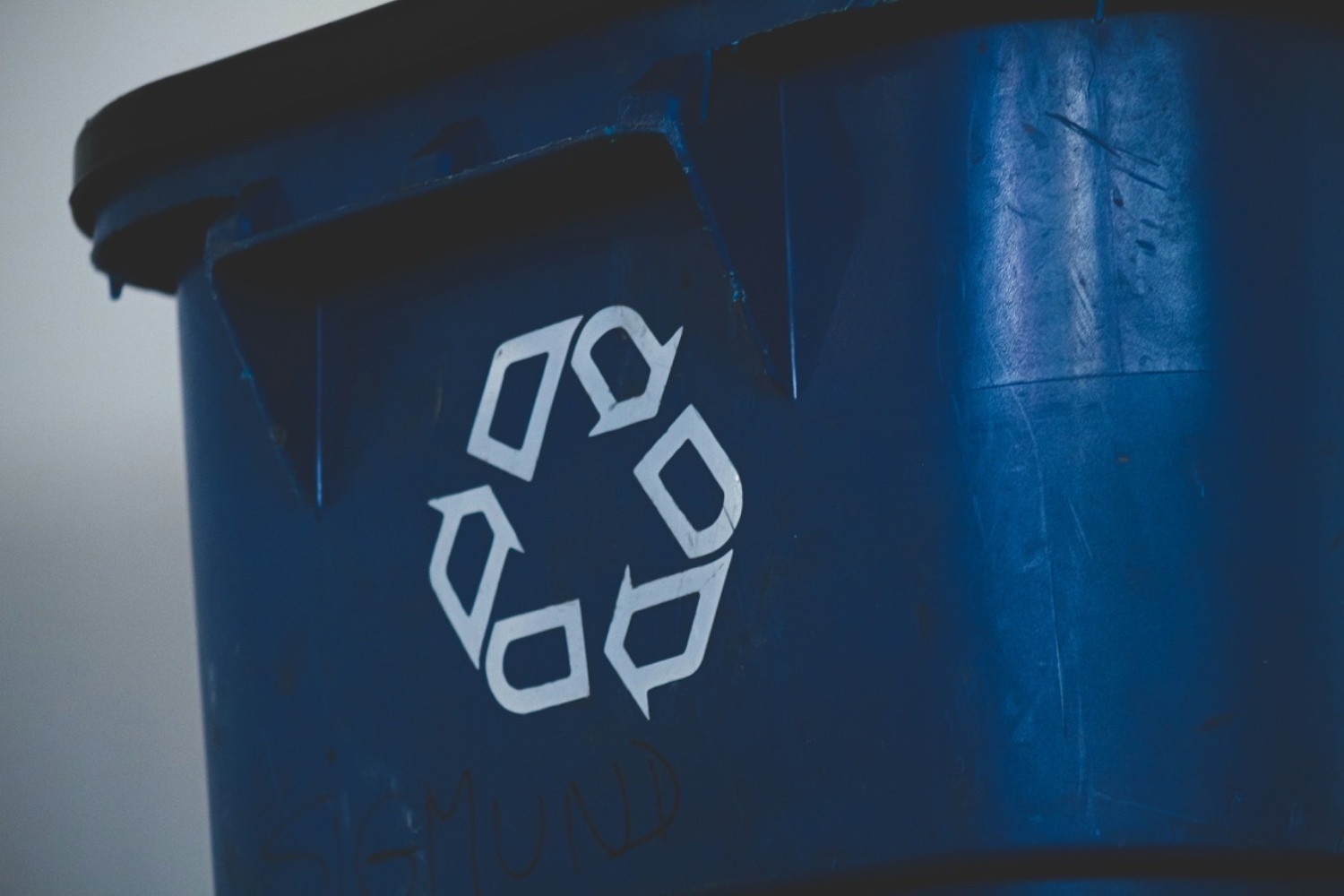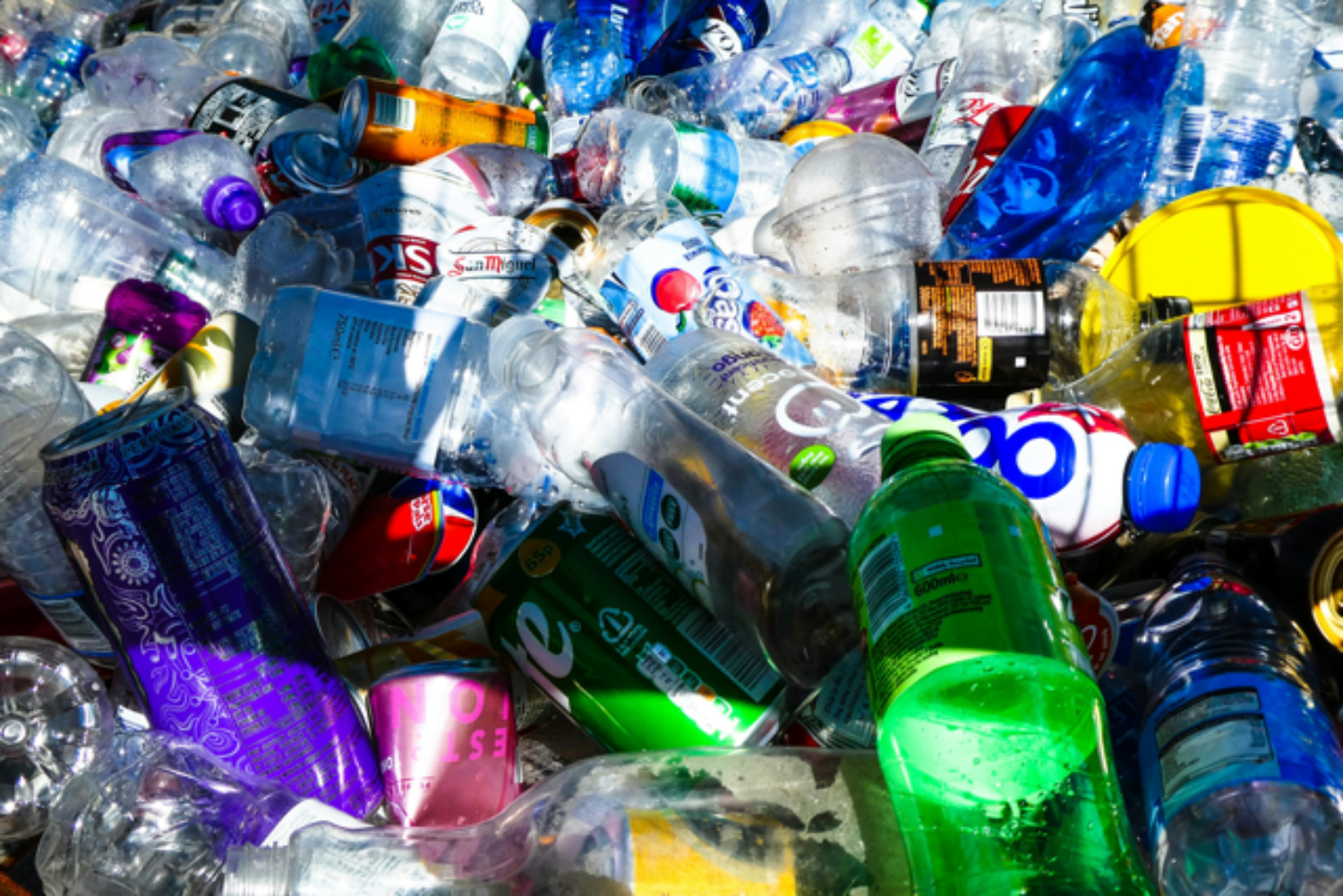
You may not know it yet, but some big changes are coming to the way we dispose of our rubbish, all with the aim of getting as much of it as possible recycled back into new material. Simpler Recycling is the government scheme to standardise recycling practices across England. It’s already underway, with larger businesses newly required to collect food waste for recycling. By next March, all households will have the same set of materials collected and most will have a food waste collection too. Within the following year plastic bags and films will be added to the collection list.
On top of that are Extended Producer Responsibility (EPR), a new obligation on manufacturers to fund the collection and recycling of packaging, and the Deposit Return Scheme (DRS), which will see a deposit added to the price of all single-use drinks bottles, redeemable at ‘reverse vending machines’ that will be rolled out on a massive scale across the UK by the end of 2027.

Photo by Nick Fewings on Unsplash
All this is intended to increase recycling rates - the UK as a whole languishes around 17th in the world with only 44% of waste recycled, even though Wales makes a valiant effort to help us look good by coming in an incredible 2nd with 66%. These proposed changes are designed to drag the rest of us up to the same level by 2035, by applying pressure or making it easier for everybody to do the right thing.
So, understandably, Local Authorities, manufacturers, retailers and more are putting a lot of effort into designing, building and upgrading systems ahead of legislation coming in. But there is a risk that, in all the technical thinking, people are largely forgotten about. This is all about behaviour change: if in the end we don’t do anything differently with our rubbish then all of these efforts (and a lot of £££) will be in vain.
My last blog highlighted that one of the main barriers to improving recycling remains confusion: most of us aren’t completely confident about what can/can’t be recycled. Policy changes like Simpler Recycling aim to solve this by standardising what’s collected and accepting previously confusing things, like plastic bags. However, behavioural science tells us we need to put the brakes on the idea that this enhanced service will automatically achieve everything it intends to. We can’t assume that people will recycle the right things just because they are able to. Simply knowing you can or should do something doesn’t mean you do it…
We know putting people first and taking a behavioural approach to this challenge can deliver results:
- The Not Sure Box we piloted for Recycle Now reduced contamination (incorrect recycling) by almost a half
- Last year’s Recycle Week activity, which we developed with WRAP, kept it simple by focusing on just five commonly missed recyclables, and drove a 6% reduction in missed capture (them wrongly being put in the rubbish)
- Specific contexts such as blocks of flats come with their own set of challenges. Our work for ReLondon and Lambeth Council used the behavioural tool ‘moments of change’ to more than double recycling rates
As we steel ourselves for the big changes coming in recycling and gear up for the national effort required to make it a success, we need to make sure behavioural thinking is central to developing the answers. Innovative interventions like these could be scaled to tackle the barriers that technical solutions alone won’t fix, and provide the impetus that is needed to meet some looming and very challenging targets.
Share
